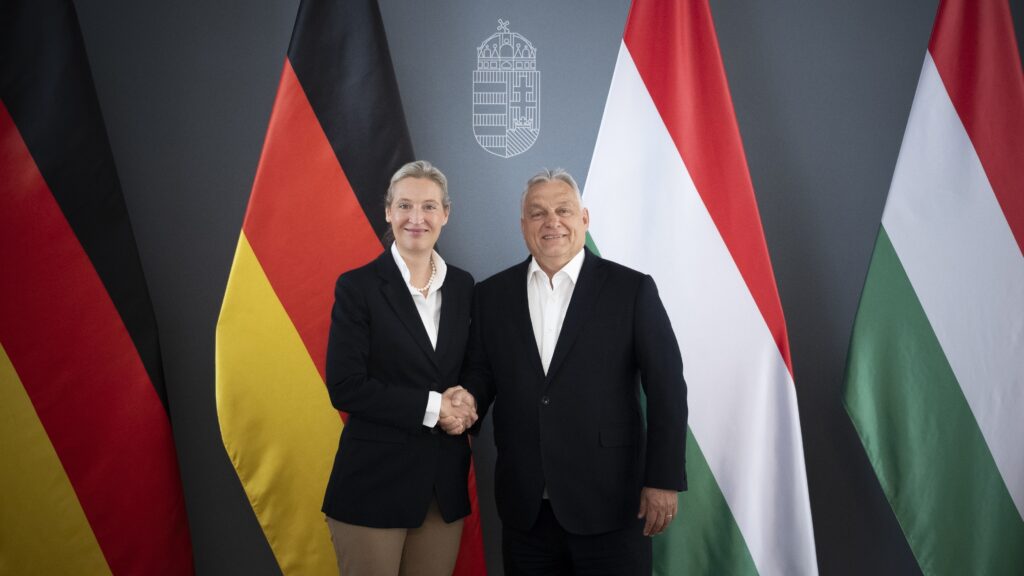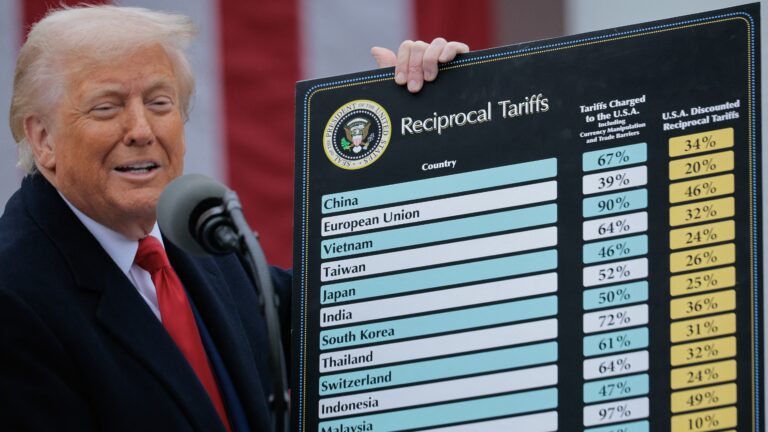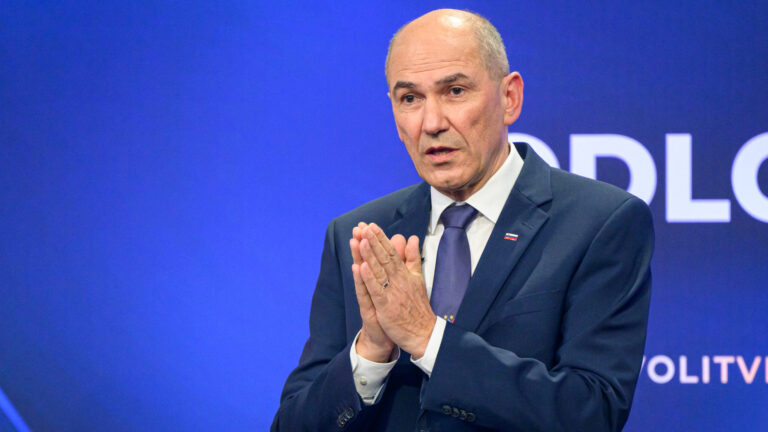Mouthpiece of Brussels’s mainstream progressive elite EUobserver published an article listing the most ‘pro-Kremlin’ MEPs and political groups in the European Parliament. The outlet used voting records on 14 resolutions concerning Russia and Ukraine in the new EP set up after the 2024 European elections, and found that the number of—what they claim to be—pro-Russian MEPs nearly doubled compared to the 2019–2024 cycle.
According to the outlet, the most pro-Russian factions are the newly formed right-wing Patriots for Europe (PfE)—co-founded by Hungarian Prime Minister Viktor Orbán—and Europe of Sovereign Nations (ESN), the far-left group The Left, and the German hard-left party Sahra Wagenknecht Alliance (BSW), whose MEPs sit as independents in the EP.
EUobserver notes that the biggest parties with the most ‘pro-Russian’ votes are French National Rally (RN), Hungarian governing party Fidesz, Alternative für Deutschland (AfD), and Matteo Salvini’s Lega. Three of these four parties sit in PfE, while AfD is part of ESN.
While this kind of listing certainly does not help ease the division between the progressive-liberal mainstream and right-wing forces—and EUobserver fundamentally misinterprets why most of these MEPs vote the way they do—the article highlights interesting shifts in voting patterns.
According to the article, RN MEPs unanimously opposed all anti-Russian resolutions before 2022, while after Moscow invaded Ukraine, their stance softened: pro-Kremlin votes fell to 57 per cent between 2022 and 2024. During the first year of the new EP, however, RN voted against or abstained in 67 per cent of resolutions condemning Russia. EUObserver notes that the party ‘supported most symbolic texts—such as those condemning Russia’s falsification of history, or the deportation of Ukrainian children—yet withheld backing for resolutions on increased EU aid to Kyiv.’
‘For most right-wing parties, the actual political will of the people guides their voting—as difficult as this is to accept for someone aligned with the globalists’
While the outlet attributes this to both ‘the Kremlin’s attempts to sway French public opinion and Le Pen’s recent criminal conviction’, the real explanation lies elsewhere. While the deportation of Ukrainian children and falsification of history are truly condemnable acts and align with broader European public perception, increasing EU aid to Kyiv is not in the interest of European citizens. For most right-wing parties, the actual political will of the people guides their voting—as difficult as this is to accept for someone aligned with the globalists. That alone shows how EUobserver’s so-called pro-Kremlin list is essentially a ‘pro-European people’ list.
According to the article, AfD MEPs voted 90 per cent ‘pro-Kremlin’ in the new parliamentary cycle, while Fidesz MEPs voted against seven of the 14 resolutions condemning Russia and abstained on three. Considering the soured relations between Budapest and Kyiv and the repeated Ukrainian attacks on the Druzhba pipeline, these numbers indicate that Fidesz MEPs vote pragmatically, in the interest of Europe, and not out of spite.
Related articles:







